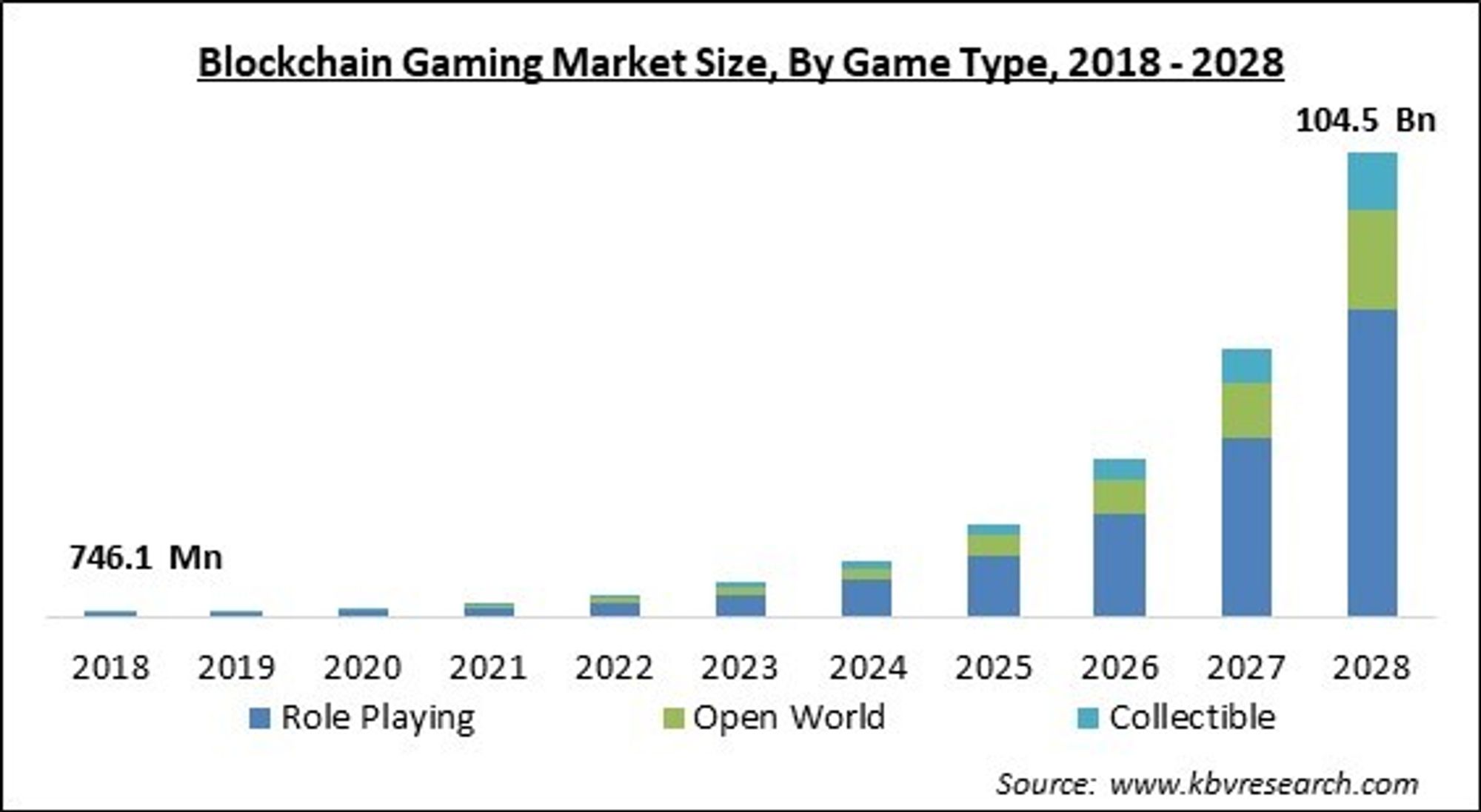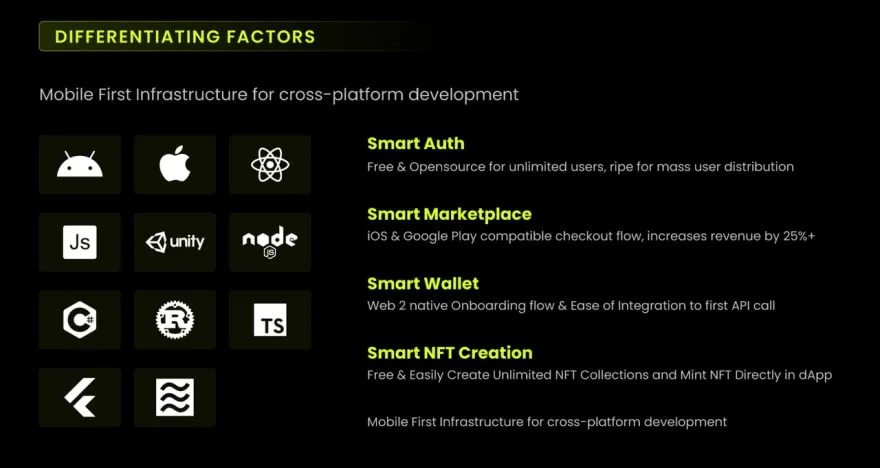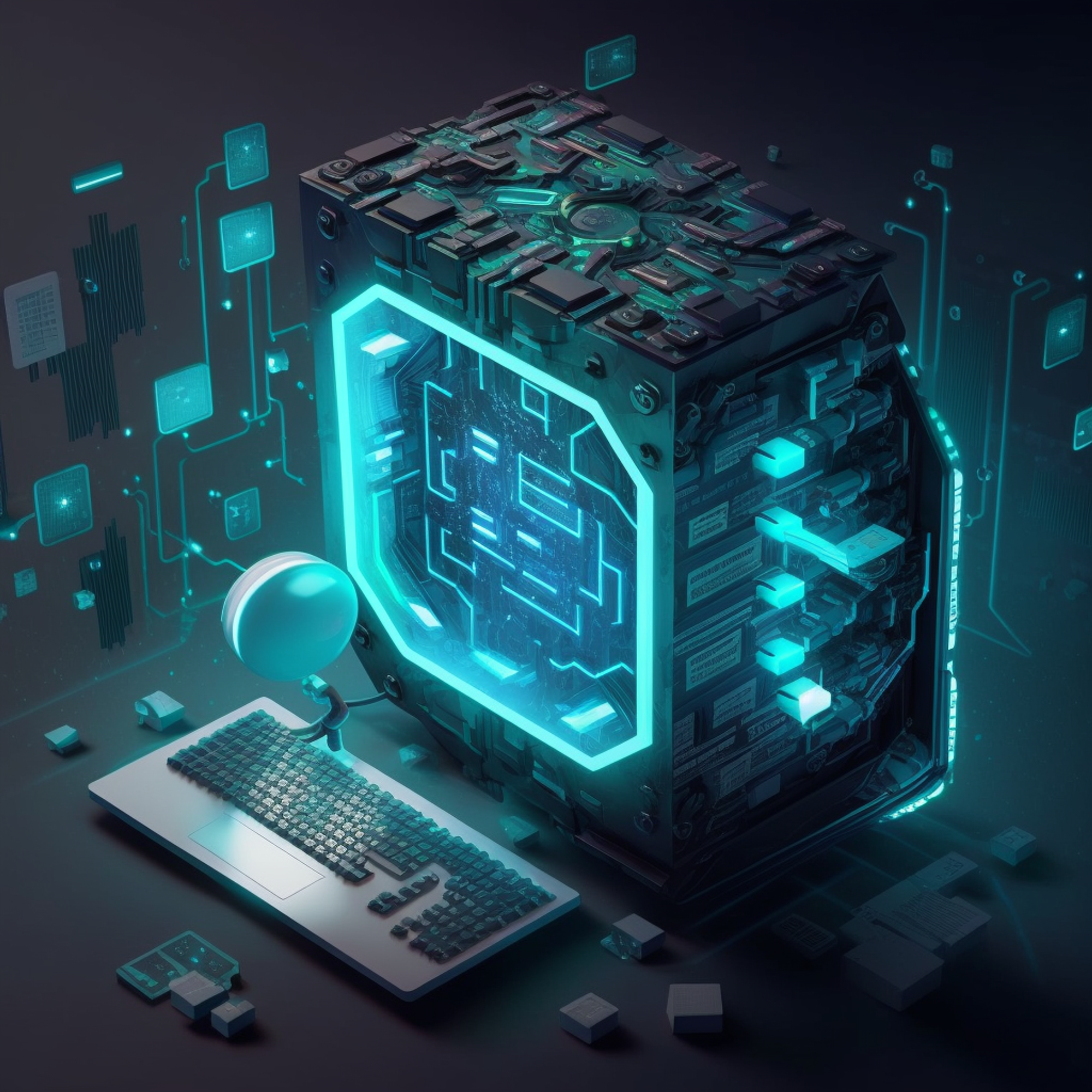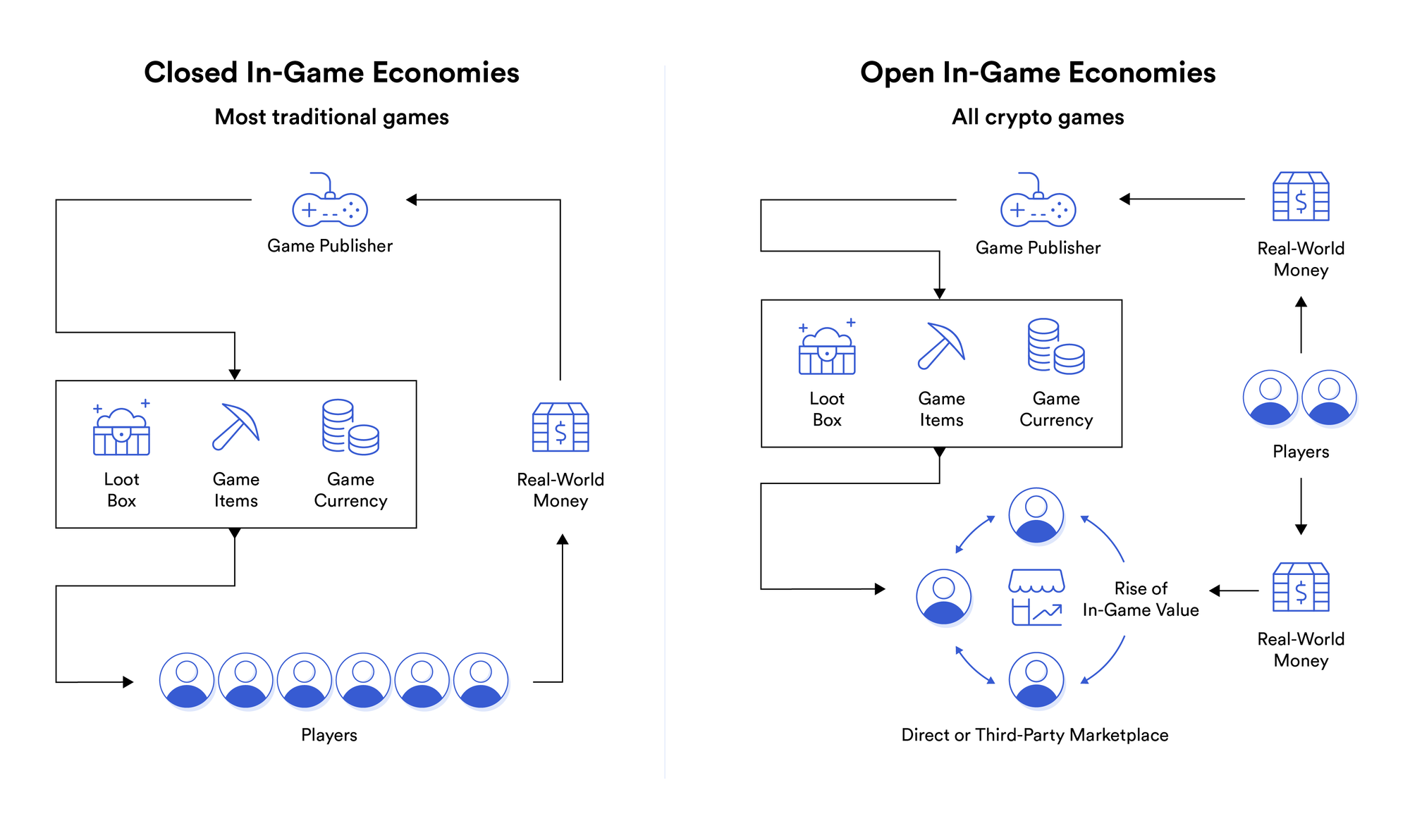Table of Contents
- What is Blockchain Technology?
- What is Blockchain Gaming?
- Traditional Gaming Vss Blockchain Gaming
- Blockchain games: what's holding people back?
- How does a blockchain game work?
- Best blockchains for game development
- The development cost for blockchain games
- Conclusion
- Build your application with Mirror World Smart Platform
Do not index
Do not index
content plan
keyword
keyword list
topic search volume
If you are a game developer, you already have heard about web3 gaming. This is one of the biggest emerging trends despite the current bear market. Web3 gaming market is expected to cross the $100 billion market in the next five years. The current bear market is seeing a lot of investment in this sector.
Gamers and developers have seen a lot of problems in traditional game-playing such as centralized authority, no asset interoperability, high in-game purchases fees, and many others. After the trend in Defi and NFT, web3 gaming could be the next thing that will lead the bull run. Today we will discuss blockchain technology and its potential benefits and challenges for traditional game developers.

What is Blockchain Technology?
Blockchain technology is an advanced technology that can be used to maintain a database in a decentralized and secure manner. It helps us to have complete transparency and also secure the network using cryptographic methods.
This technology has already gained quite traction in the last few years. A lot of users, developers, and VCs are actively working on this technology. Defi and NFT are the popular use cases of blockchain that we are seeing on a daily basis.
What is Blockchain Gaming?
Blockchain gaming is a new kind of gaming that uses blockchain technology to have a better experience for gamers. It also helps us to increase security in games. In a blockchain game, each activity is maintained and stored in blockchain which is transparent and immutable.
There is no central authority who have all the rights to the in-game assets. Players have complete ownership of their assets using NFT. And can sell any assets without any intermediaries.
Traditional Gaming Vss Blockchain Gaming
The gaming industry has been in the market for decades. Creating, developing, publishing, and distributing video games are aspects of the gaming industry that are ever-growing. With the rise of mobile and online gaming, new opportunities have arisen, including virtual reality and augmented reality. There is a growing demand for skilled professionals across many disciplines as the industry continues to evolve.
But still there are bunch of problems that gamers face in traditional gaming. The given table is a demonstration of how blockchain gaming is different from traditional gaming.
ㅤ | Traditional Gaming | Blockchain Gaming |
Interoperability | No | Yes |
Entry Barrier | Varies | Low |
Governance | Community | Game Creators |
Ownership | No Ownership | Complete Ownership |
Data | Controlled by game creators | Controlled by users |
Earning opportunity | Top players & Influencers only | All Players |
Blockchain games: what's holding people back?
Although there are a lot of upsides to blockchain games still we haven’t seen a lot of gamers in blockchain gaming. Not just about gamers, we have also not seen a lot of good games in the blockchain which will promote gamers to play blockchain games. People are held back for a number of reasons, namely:
- Proper Awareness
- Less Web3 Games
- No Seamless onboarding
- High development cost
These are the main reason why we haven’t seen mass adoption. Although these problems will take time to be completely solved. However, the development cost is something that can be drastically decreased in a short span of time. So keep reading.
How does a blockchain game work?
Most traditional games have a centralized entity. Every transaction that happens in the game has to go through the centralized entity. We as gamers also don’t have complete ownership of the assets in the game. These problems are solved by a blockchain game.
In a blockchain game, we have complete ownership of all the assets in the game. All the assets are stored in the form of ERC-721 i.e. NFT which is stored in our own wallets. We also don’t need to rely on the centralized entity to buy or sell in the game. We have complete transparency in the game because of the blockchain.
Best blockchains for game development
Currently, there are a lot of blockchains with their own pros and cons. It is very important for you as a developer to choose the best blockchain for your project. Here is the top blockchain which is performing very well in gaming:
- Ethereum
- BNB chain
- WAX blockchain
- Solana
- Polygon
- EOS
The development cost for blockchain games
One of the big hurdles is development cost. To create a fully-fledged blockchain game we need a team of developers with a different sets of experiences. It also requires a ton of money if we want to integrate blockchain technology into an existing game. We have done a detail breakdown of blockchain game development cost in this article.
Here’s where Mirror World comes to the rescue. You can build a new game from scratch or you can even integrate blockchain technology into your existing games with no upfront cost. Mirror World smart platform lets you do it with ease.

Conclusion
To conclude, blockchain technology offers traditional gamers a new and improved gaming experience. Blockchain gaming's decentralization and transparency make it easier for players to own and sell their in-game assets. The earning opportunity is more in blockchain gaming.
Talking about development cost, platforms like Mirror World drastically decrease the development cost which will help developers to build a blockchain game. With the increasing trend in the web3 and blockchain, blockchain gaming will be the next big thing after crypto and defi.

Build your application with Mirror World Smart Platform
Read our full deck here. Mirror World Smart Platform now supports EVM-compatible chains!!!

